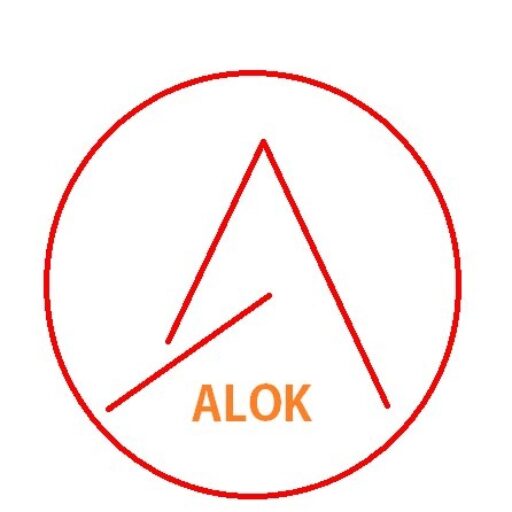Understanding Your Circle of Competence
The concept of a “circle of competence” is a cornerstone of effective decision-making and achieving success. Coined by Warren Buffett, it refers to the area of knowledge and skill where you possess a deep understanding. By operating within this circle, you can make informed decisions, mitigate risks, and increase your chances of success.
Why Your Circle of Competence Matters
- Informed Decision-Making: Within your circle of competence, you have the knowledge and experience to evaluate information critically and make sound judgments.
- Reduced Risk: Operating within your circle of competence minimizes the risk of making costly mistakes.
- Increased Confidence: When you’re confident in your abilities, you’re more likely to take on challenges and persevere through difficulties.
- Enhanced Focus: By focusing on your strengths, you can allocate your time and energy more effectively.
- Greater Satisfaction: Achieving success within your circle of competence can lead to a sense of fulfillment and accomplishment.
Expanding Your Circle of Competence
While it’s important to operate within your circle of competence, it’s equally important to continually expand it. Here are some strategies to help you do so:
- Lifelong Learning: Commit to continuous learning and personal development. Read books, attend workshops, and take online courses.
- Seek Mentorship: Find mentors who can guide you and share their knowledge and experience.
- Practice Deliberate Practice: Dedicate time to practice and refine your skills.
- Embrace Failure: View failures as opportunities to learn and grow.
- Step Outside Your Comfort Zone: Challenge yourself to take on new tasks and responsibilities.
The Dangers of Operating Outside Your Circle of Competence
Operating outside your circle of competence can lead to a variety of negative consequences, including:
- Poor Decision-Making: Without a solid understanding of a subject, you’re more likely to make mistakes.
- Increased Risk: Taking on tasks that are beyond your capabilities can expose you to significant risks.
- Loss of Confidence: Failure can erode your self-esteem and motivation.
- Wasted Time and Resources: Inefficient and ineffective efforts can lead to wasted time and resources.
How to Identify Your Circle of Competence
To identify your circle of competence, consider the following questions:
- What are your natural talents and abilities?
- What are your passions and interests?
- What subjects do you enjoy learning about?
- What are your areas of expertise?
- What have you been successful at in the past?
By honestly assessing your strengths and weaknesses, you can better define your circle of competence.
Real-World Examples of Operating Within Your Circle of Competence
- Warren Buffett: Buffett is a master of value investing, a strategy that requires a deep understanding of financial analysis and business valuation. By sticking to his circle of competence, he has achieved extraordinary investment success.
- Elon Musk: Musk’s success in various industries, such as electric vehicles, space exploration, and renewable energy, can be attributed to his ability to acquire and apply knowledge in diverse fields.
- Oprah Winfrey: Winfrey’s success in media and entertainment is rooted in her deep understanding of human psychology and her ability to connect with audiences on an emotional level.
Beyond the Basics: A Deeper Dive
To truly master success, it’s essential to delve deeper into the concept of your circle of competence. Here are some additional considerations:
- The Role of Mindset: A growth mindset, characterized by a belief in continuous improvement, is crucial for expanding your circle of competence.
- The Power of Focus: By focusing on your strengths and avoiding distractions, you can maximize your productivity and effectiveness.
- The Importance of Networking: Building strong relationships with others can provide valuable insights, opportunities, and support.
- The Value of Mentorship: Seeking guidance from experienced mentors can accelerate your learning and development.
- The Impact of Emotional Intelligence: Emotional intelligence plays a significant role in effective communication, conflict resolution, and building strong relationships.
- The Power of Habit: Developing positive habits can help you stay focused, motivated, and productive.
- The Role of Mindfulness: Practicing mindfulness can enhance your awareness, focus, and decision-making abilities.
Conclusion
Mastering success requires a clear understanding of your circle of competence. By operating within this circle, you can make informed decisions, mitigate risks, and achieve your goals. Remember, it’s not about being the smartest person in the room, but about knowing what you know and what you don’t know. By staying within your circle of competence and continuously expanding it, you can unlock your full potential and achieve lasting success.
[Consider adding chapters on topics such as:
- The Role of Mindset in Success
- Developing Effective Habits
- Building Strong Relationships
- Overcoming Obstacles and Adversity
- The Importance of Continuous Learning
- Balancing Work and Life
- Financial Literacy and Wealth Building
- The Power of Gratitude and Mindfulness
By exploring these areas, you can create a comprehensive guide to achieving success that addresses the multifaceted nature of human potential.]

